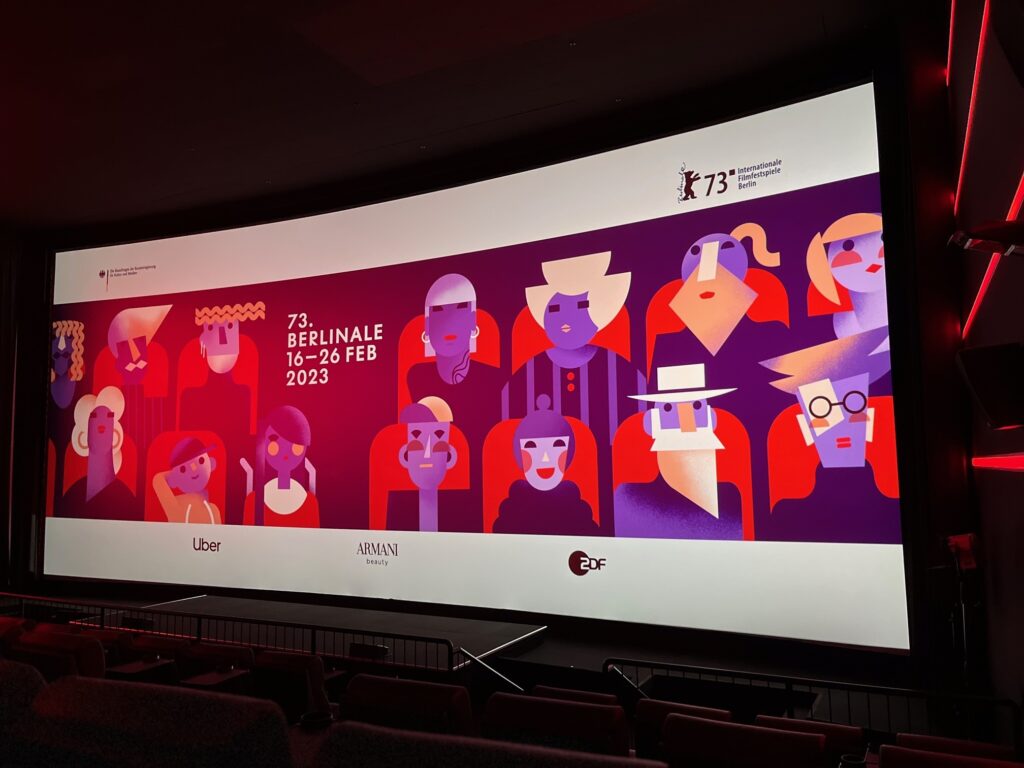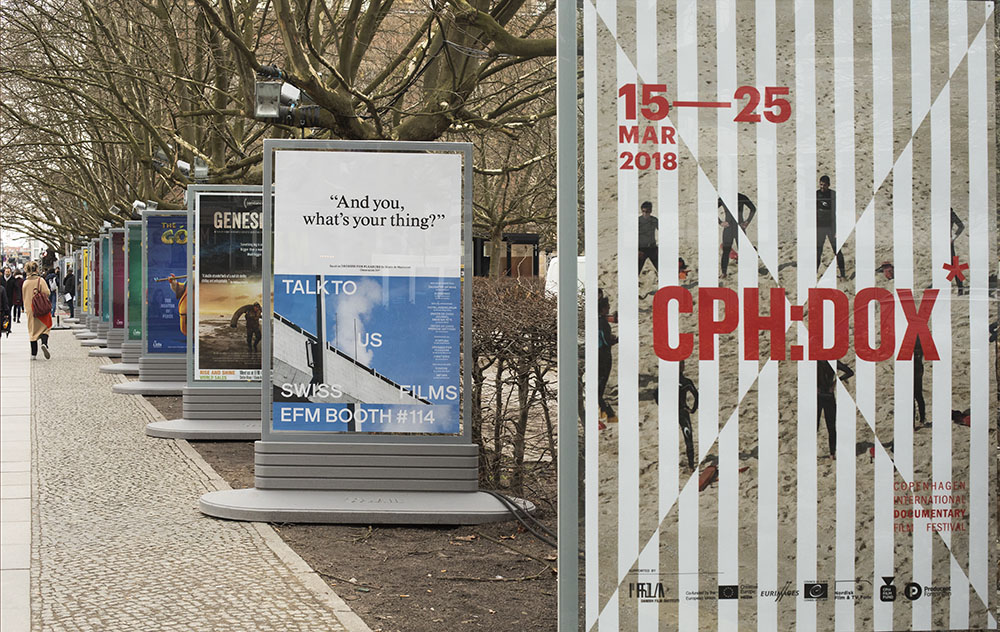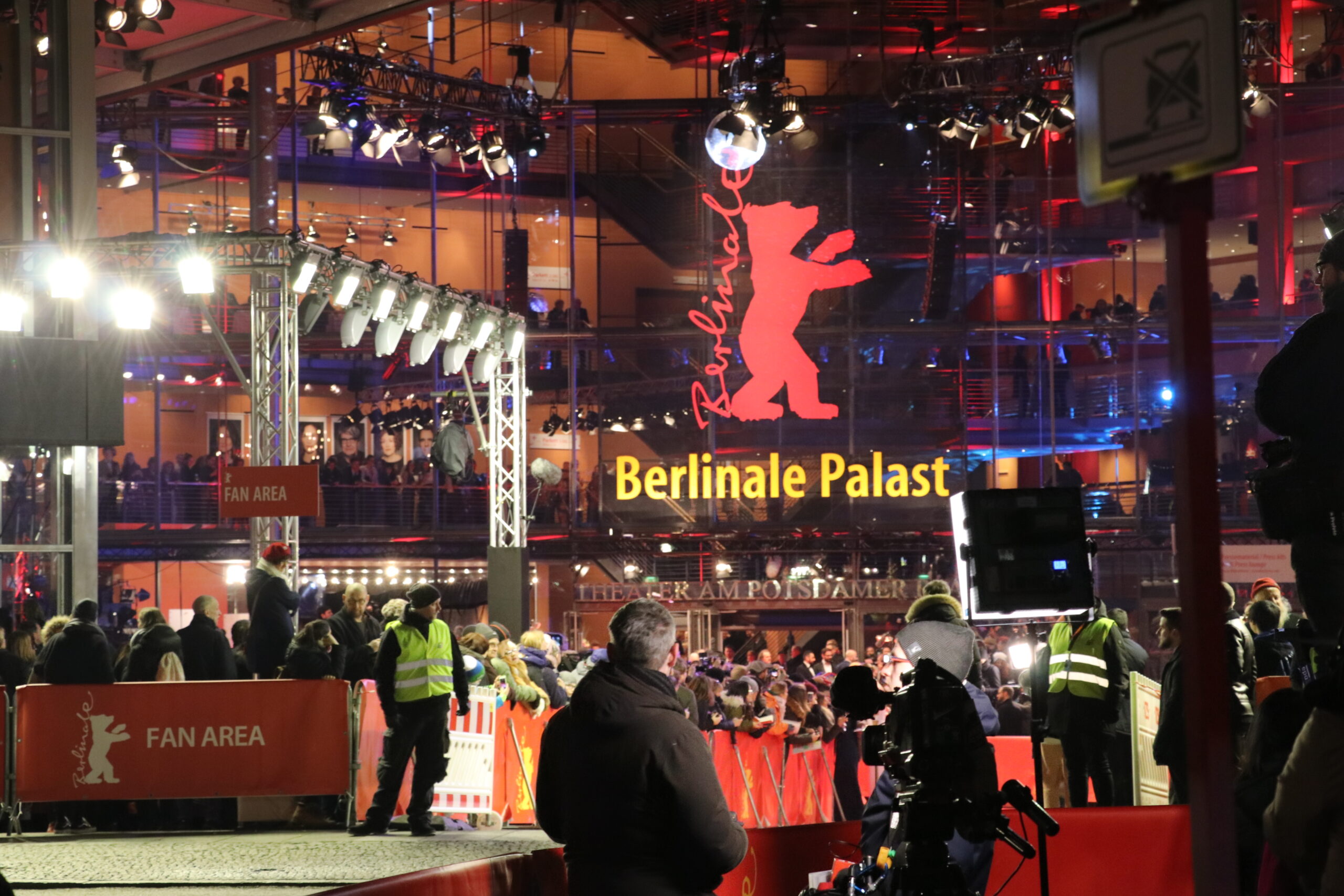The Berlinale must have a deal with Airbnb. Another creative head is relocating to Berlin, the fourth in five years. After the September shock resignation of Chatrian, German Culture Minister Claudia Roth announced she and a replacement committee would actively seek one artistic head instead of a duo team. Minister Roth felt the festival needed a new direction after years of going to the principle office soberness. Finally, the recognition a sweeping overhaul was needed. After a long wait, I feel vindicated.
Tricia Tuttle takes charge of the film festival this spring from outgoing head Carlo Chatrian. The American born fest organiser ran the BFI London Film Festival.

This begs the question, why did the Berlinale have two heads? At the 2019 announcement, the team had the chemistry of a vegan touring a McDonald’s Burger Patty factory. In Carlo and Mariette’s defence, the two inherited a film festival in steep decline, with a resistant to change thin skinned staff structure, then the Covid Pandemic hit, not ideal situations for even the most seasoned leaders. Carlo headed the creative side, his cinema views veered more toward art house, shunning the glamour, while Mariette, a Berlin insider, would handle the admin tasks. Rissenbeek jumped in March 2023. The behind the scenes drama of the Berlinale have overshadowed the festival itself.
After budget cut announcements, fewer films, the writing was on the wall. Chatrian’s resignation, or should we say, “knifed in the stomach”, triggered a petition signing from global filmmakers lead by Martin Scorsese requesting a reversal of his decision to leave.
From A “No Go” To Being Proven Right
As a former attendee, I was to be placed me on a “no go” list for my, now proven right, 2019 Berlinale critiques. I thought major change was warranted at the February film affair. This was a festival basking in its own high-minded pretensions, yet had fallen behind both bigger and smaller cinema gatherings. The size of the festival emphasised quantity, screening up or over 300 or more films in different sections, at the expense of quality.
Berlin has never been a service friendly city. The city has been called “A service desert”. The festival lives up to this reputation. In comparison to other festivals, cinema curating was never a strong point in the German Capital. Forget about asking the Berlinale coordinators about the films showing, they were too busy telling everyone how busy they were. The way to learn if a good film was unspooling: 1. Fest gossip 2. Insider trading 3. A compass.

Tricia could be a much needed shot in the arm for the Berlinale. The powers in Germany decided on her because they want a festival on par with Cannes and Venice. Tuttle has a more commercial sense regarding cinema and certainly with a loaded rolodex of names to the creative world. Her approach will be different than the past on how to organize a cinema gathering, perhaps leaner, more glitz. However, she will have to overcome organisational challenges in trying to revive the fortunes of an increasing less relevant film festival.
The saying “Hope is the last thing ever lost.”
The 74th edition of the BERLINALE starts February 15th, 2024.
